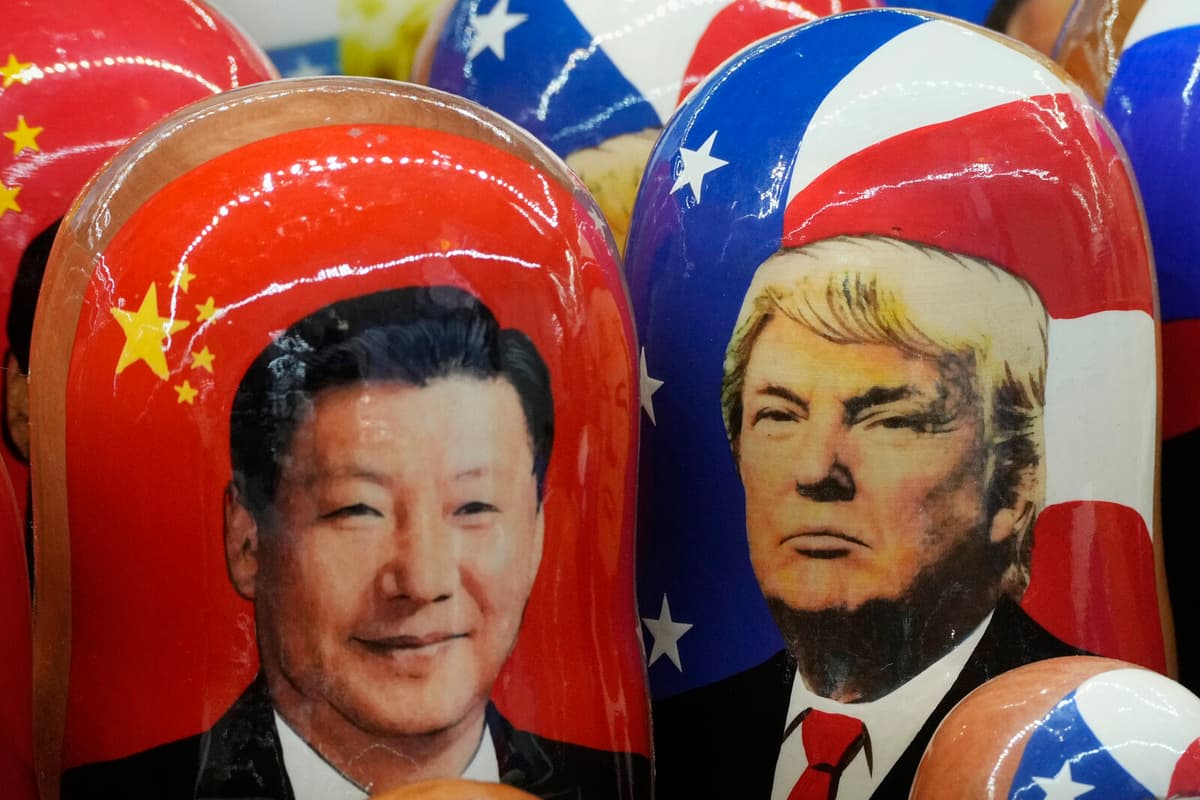The dollar is considered the safest currency since it is the largest – with the entire American economy, including the world's largest and most important central bank, behind it. Moreover, it is unregulated and easy to buy and sell, unlike, for example, the Chinese currency yuan.
American government bonds, i.e., loans for a certain period at an interest rate, are also usually a safe haven when it's stormy. But now, something seems to have happened.
We're seeing large stock market falls at the same time as interest rates on government bonds are rising, and that's not usually the case, says Jens Magnusson at SEB.
Interest rate shift
The interest rate increase is about the decreased interest in holding or buying American government bonds. The USA must then pay a higher interest rate to attract investors, which increases the costs of the national debt.
The interest rate rose unusually quickly. It became a sign that President Trump's tariff gamble not only makes the stock markets fall but also makes investors on the interest rate market start to get cold feet, says Jens Magnusson.
He believes that it was the main reason for Trump's U-turn on tariffs.
Exactly what the interest rate increase consisted of or what caused it is, however, difficult to say, he believes, but likely it has to do with a general concern about where the US economy is headed. Moreover, the USA's main antagonist in the trade war – China – may have played a role. China owns about a third of the 15 percent of American government bonds held by foreign actors. Bonds are bought and sold both in the form of new issues by the American state and on a large secondary market, which is why the price and interest rate are continuously adjusted.
A handle
One can wonder if China started selling off American government bonds. They're unlikely to be interested in investing more and helping the USA finance its national debt, says Jens Magnusson.
Does China then have a handle on the USA?
Yes, to some extent. It's naturally a bit troublesome for the USA that a large part of their national debt is owned by China, he says, but continues:
On the other hand, it would be quite costly for China to push down the price of American bonds, since their own holdings would then become less valuable. Moreover, the American central bank's capacity to buy bonds is much greater than China's capacity to sell. In a crisis, the American central bank could be expected to step in and buy to ensure financial stability, he says.






